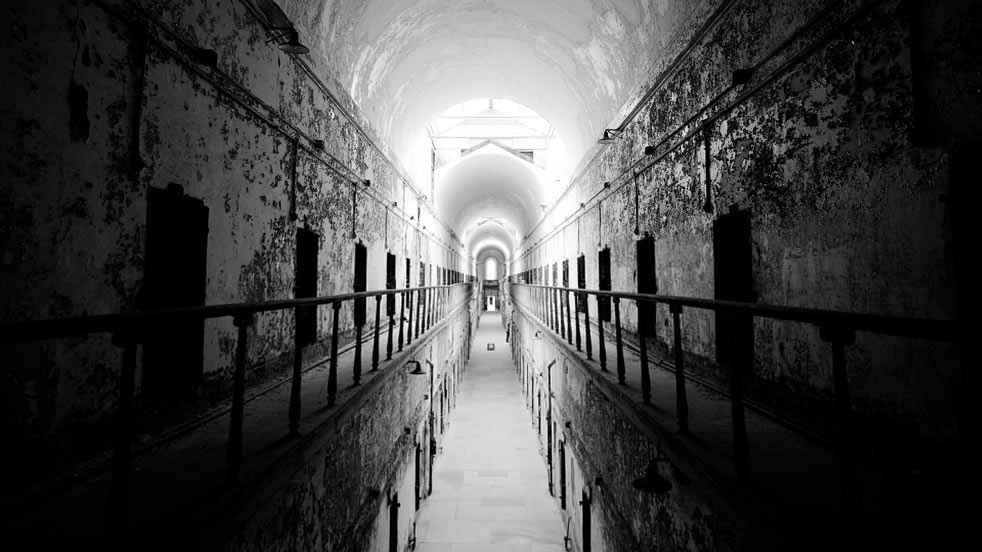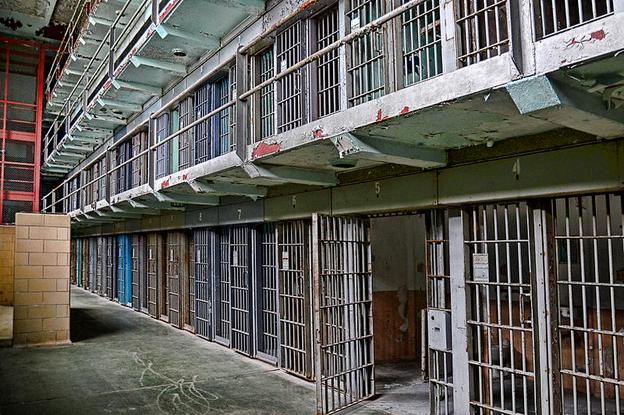Justice
Our Prison and Legal System is meant to bring justice to those who commit crimes, and to give those who are willing a path to redemption and forgiveness. However, in America and across the world, this system is in need of serious reform. Today, the United States has the largest prison population in the world1, and its prison and legal system has become a major industry. Trials are lengthy and expensive, making those without financial backing less able to bring matters to court. At the same time inefficient and costly, prisons house more and more people, many of whom have committed no serious crime against another person, only the possession of drugs or violation of basic law. We need a better system of justice.
Inspiration for improving our justice system can be found in many examples across the planet. Many indigenous societies’ notion of justice functions with reparative principles. This refers to the process of making things right for oneself and those affected by the offender’s behavior. To repair relationships, it is essential for the offender to make amends through apology, asking forgiveness, making restitution, and engaging in acts that demonstrate a sincerity to make things right. The communal aspect of this process allows for crime to be viewed as a natural human error that requires corrective intervention by families and elders or tribal leaders.
If we can incorporate aspects of these principles, and develop a more holistic view of justice in our modern age, we will bring a deeper lasting sense of justice and healing to the world, while saving society tremendous amounts of money and energy otherwise spent in the trial and prison system.
- Incarceration in the United States – Wikipedia
http://en.wikipedia.org/wiki/Incarceration_in_the_United_States - Indigenous Justice Systems and Tribal Society
http://www.aidainc.net/Publications/ij_systems.htm

